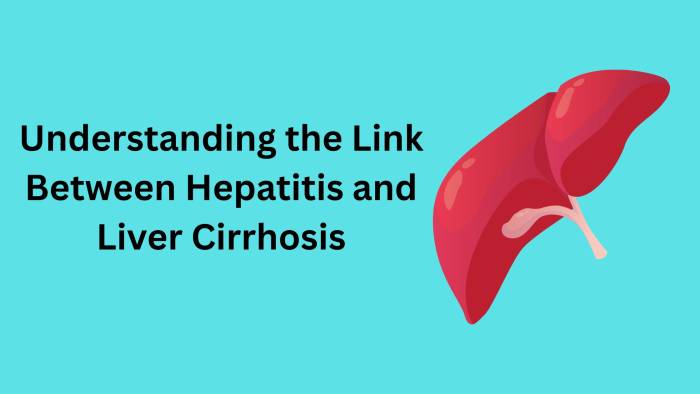
Understanding the Link Between Hepatitis and Liver Cirrhosis
Hepatitis, particularly chronic types like hepatitis B and C, is one of the leading causes of liver cirrhosis worldwide. When left untreated, the persistent inflammation caused by the hepatitis virus damages liver cells over time, replacing healthy tissue with scar tissue—a process known as fibrosis. As this scarring worsens, it disrupts the liver's ability to function, eventually leading to cirrhosis.
The Link Between Hepatitis and Cirrhosis
The liver is a resilient organ, but chronic hepatitis gradually wears it down. In hepatitis B and C infections, the immune system attacks infected liver cells, leading to repeated cycles of injury and healing. With each cycle, more scar tissue accumulates, reducing blood flow and impairing liver function. Eventually, this can progress to cirrhosis, where the liver becomes permanently scarred and hardened.
While alcohol use and fatty liver disease are also culprits, hepatitis remains a significant risk factor—especially in developing countries where screening and vaccination rates are low. If you suspect liver damage or persistent symptoms, consulting a Liver Specialist in Agra can lead to early diagnosis and better management.
Early Signs and Symptoms
In the early stages, both hepatitis and cirrhosis may be silent, showing no symptoms. However, as damage progresses, individuals may notice fatigue, loss of appetite, jaundice (yellowing of skin and eyes), abdominal swelling, and confusion. Early detection is crucial because once cirrhosis is advanced, damage is often irreversible.
Importance of Early Detection
Blood tests, liver function tests, and imaging (like FibroScan or ultrasound) can detect hepatitis-related liver damage before it escalates. Regular monitoring for those with hepatitis is essential. For hepatitis B, a vaccine is available, and for hepatitis C, antiviral treatments can cure the infection in most cases—greatly reducing the risk of cirrhosis if caught early.
Treatment Options
Treating hepatitis early is the best way to prevent cirrhosis. Antiviral medications for hepatitis B and C can suppress or eliminate the virus, halting disease progression. If cirrhosis develops, treatment focuses on managing symptoms, preventing complications, and monitoring for liver cancer. In severe cases, liver transplantation may be necessary. Always seek advice from the best Liver Specialist in Agra to explore suitable options tailored to your condition.
Final Thought
Timely diagnosis and treatment of hepatitis can save lives and prevent the devastating consequences of liver cirrhosis. Regular screenings and awareness are the first steps toward protecting your liver health.
Book a consultation now at Safe Surgery Center with the best Liver Specialist in Agra for early detection and personalized treatment.



